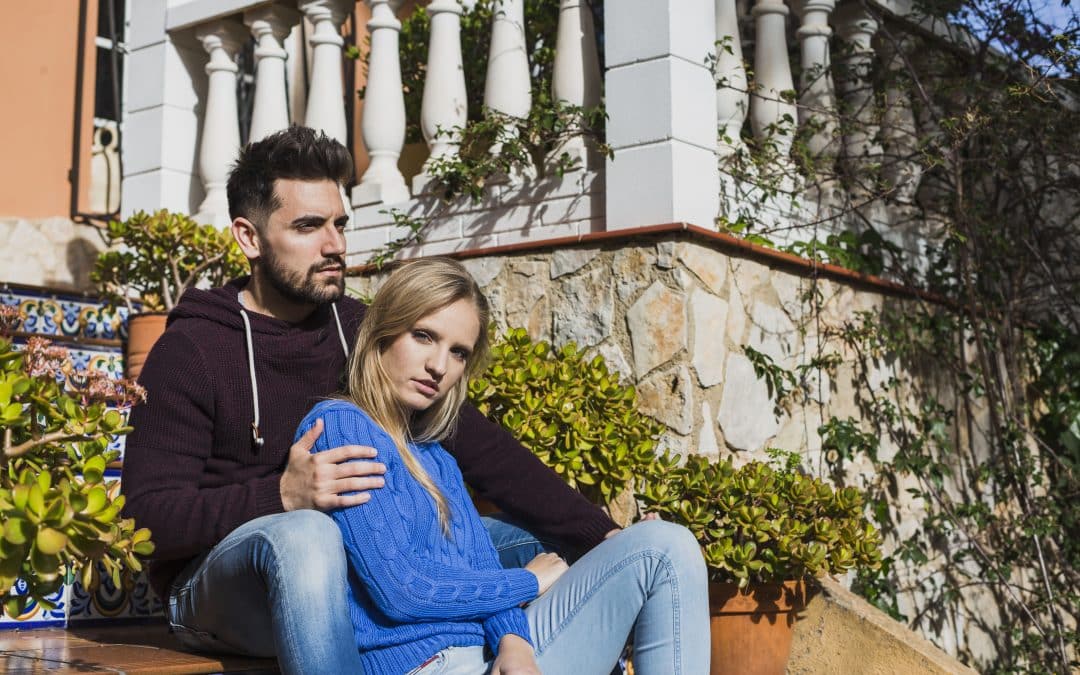Perhaps your summer getaway has left you feeling more distant than connected. Or maybe some challenges you’d hoped were in the past were bubbling up again. If your holiday didn’t reignite the spark you were hoping for, you’re not alone.
Many couples return from vacation feeling disheartened when their hopes for quality time, intimacy, or renewed connection fall short. Rather than viewing this as a setback, it can serve as a valuable signal—an invitation to begin strengthening your relationship through couples counselling.
Why Consider Couples Therapy Now?
It’s common for partners to postpone seeking help, believing things will resolve naturally or struggling to find the time amidst busy schedules. But unresolved tension rarely fades without action. Taking the first step toward therapy is an empowering decision, showing a commitment to nurture your relationship. Whether you’re facing communication breakdowns, drifting apart, or dealing with recurring conflicts, therapy offers a structured path forward.
While online therapy is available and convenient, many couples find that in-person sessions offer a more focused, neutral space where both individuals can feel equally heard and supported. The environment matters, and a calm, private setting often helps couples open up more freely. My consulting room in central Esher offers this.
Preparing for the Journey
Consistency can really help in couples therapy. Weekly sessions are the gold standard for creating meaningful, lasting change. Finding a regular time that works for both partners is a good start point. Having said this, I offer some flexibility week-to-week for any sessions one or both of you can’t attend, including moving online if necessary.
If talking about your concerns before the first session feels too difficult, that’s okay. I aim to guide those initial conversations in a way that feels safe and productive.
Often, one partner may be more eager than the other to start couples counselling. One might be clear in their mind about particular issues while the other feels things are “not that bad.” This difference in perspective is common and completely manageable. I always aim to balance both viewpoints, creating space for mutual understanding without judgment.
In the beginning, emotions occasionally run high. Blame, frustration, or defensiveness might surface. This is a natural part of the healing process. For real transformation to happen, both people need to take responsibility for their part in the dynamic and commit to working on it together.
What to Expect in Sessions
Couples therapy is not just about solving problems—it’s about learning to navigate them together. Your therapist will help you develop more effective communication, understand underlying patterns, and build tools to manage future challenges. These conversations may feel uncomfortable at times, but they are designed to promote clarity, empathy, and ultimately—connection.
Over time, the work you do in therapy can lead to a more resilient partnership, where both individuals feel respected, valued, and heard. It also has ripple effects, often improving the atmosphere for children and the wider family system.
Getting Started
If you’re considering starting couples therapy, feel free to contact me with a brief message about what you’d like support with. It’s helpful to share contact details for both partners and let me know your availability.
The initial consultation session is an opportunity for you and your partner to talk through your current situation and the changes you’d like to see. It’s also a chance to experience what it’s like to work with me, ask questions, and decide whether ongoing weekly sessions feel right for you. There’s no obligation to continue, and if you choose to end therapy later on, I simply ask for two weeks’ notice to allow for a proper closing process.
